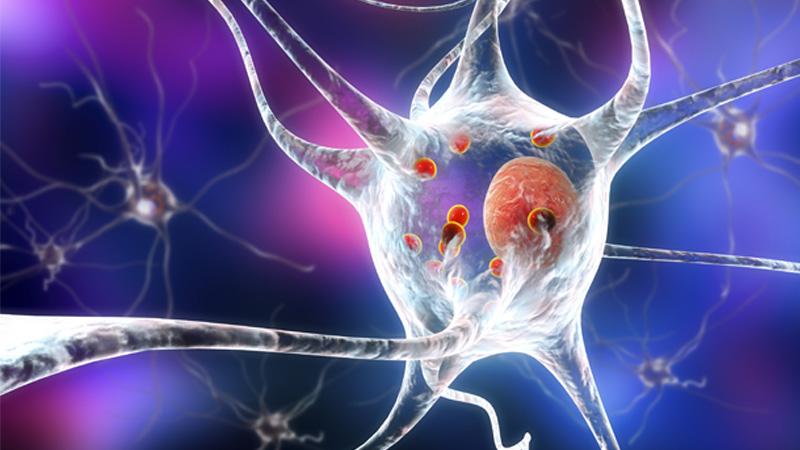Dr Sigrun Lange, Senior Lecturer in Molecular Pathology, has led a new study identifying early changes in the brain and in blood biomarkers in the early (pre-motor) stages of Parkinson’s Disease (PD). This may lead to a new blood test to identify very early stages of the disease and mirrors newly identified early pathological brain changes.

The identification of biomarkers for early diagnosis of PD is essential for developing early clinical intervention strategies. More than 10 million people worldwide are living with PD, which is the second most common age-related neurodegenerative disorder after Alzheimer’s disease.
Incidence of PD increases with age, but an estimated four per cent of people with PD are diagnosed before age 50, and men are 1.5 times more likely to have PD than women. PD significantly impacts life quality and the combined direct and indirect cost pf PD, including treatment, social security payments and lost income, as well as cost of medication, is a huge economic and socioeconomic burden. Identification of early biomarkers, before advanced PD, are therefore of pivotal importance as development of such markers for early diagnosis can allow for early intervention.
The study used an animal model that presents symptoms comparable to those observed in PD patients in the early stages of the disease, prior to the appearance of motor dysfunctions, therefore allowing a valuable insight into the time window before the appearance of typical PD motor symptoms.
Dr Lange works on a group of enzymes called peptidylarginine deiminases (PADs) in relation to neurodegeneration and regeneration in the central nervous system. These PAD enzymes cause changes to protein function and regulate the release of extracellular vesicles, which are lipid vesicles released from cells that carry protein and genetic content in cell communication. Resultingly, the enzymes also contribute to disease spread and progression.
This research is the first of its kind to identify significant PAD-related changes in the brain vasculature at early stages of PD, alongside increased release of extracellular vesicles in the blood, which were found to contain specific protein and genetic markers in the PD model, relating to neurodegenerative changes.
Talking about the study, Dr Lange said: “In addition to changes in specific genetic and protein markers in the vesicles, their numbers were also significantly increased in blood of the PD model. Based on our reported findings, the specific signatures we identified in the blood extracellular vesicles can mirror early changes in PD brain pathology, which also has not been recognised before.
“We were quite surprised how striking the PAD-related changes in the PD brains were at this early stage, and these were completely absent in control brains. Our study provides the basis for developing a new blood test based on extracellular vesicles, which can mirror such early brain-related changes, and therefore provide a new early pre-motor PD diagnosis, via a non-invasive test.”
Collaborators on the study were Dr Pinar Uysal-Onganer at the University of Westminster as well as the UCL School of Pharmacy and The Open University.


